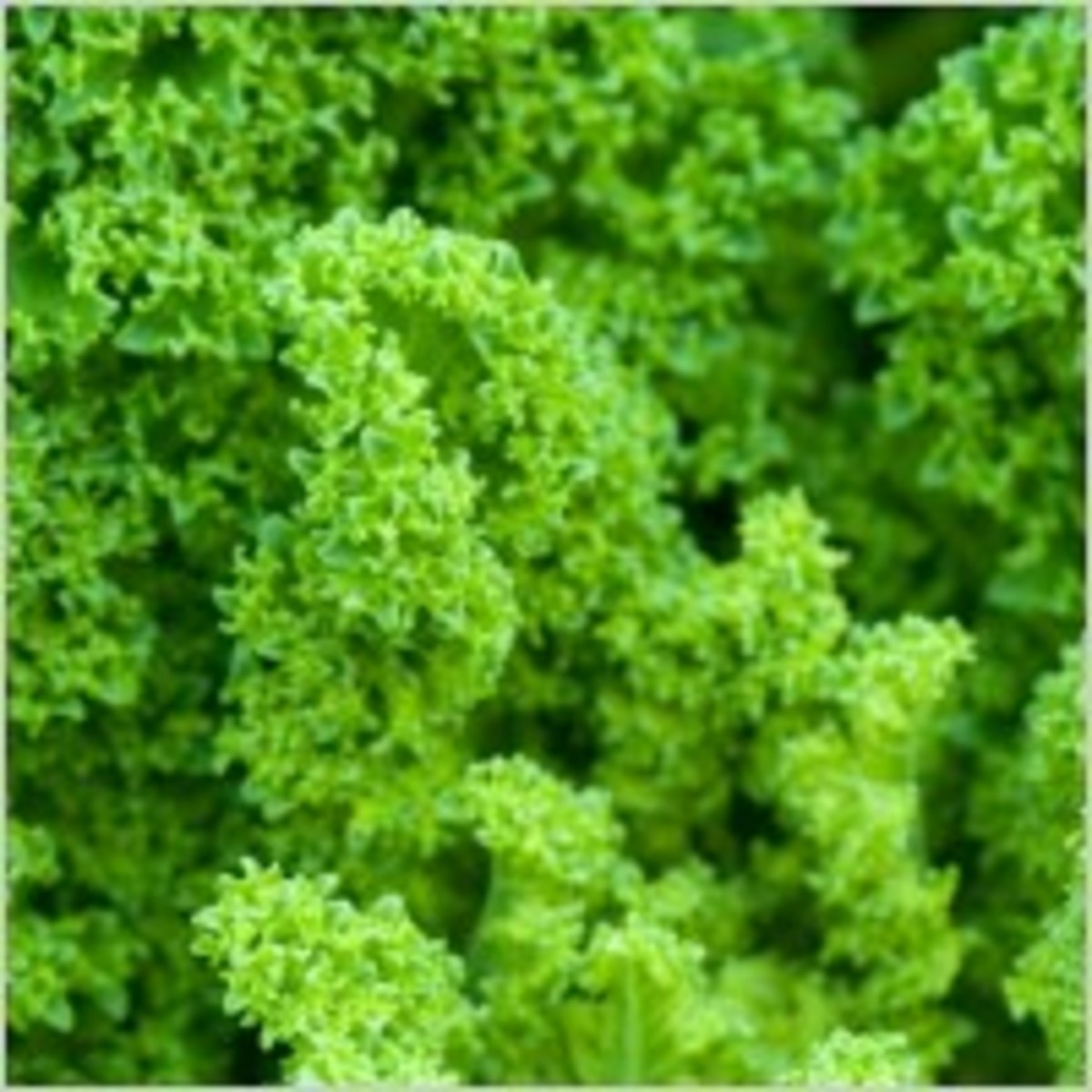Organic products: More bite for the bucks
Organic produce has a lot going for it, not least of which is the use of methodologies which preserve basic food value. There’s plenty of mythology about organics, the sort of mysticism which is supposed to sell product, and it’s a bit misleading. Non-organic produce isn’t some sort of conspiracy to sell lousy food; it’s a result of the present antiquated, cheapskate state of food technology methods, and a lack of input from growers and dieticians. The most fundamental advantage of organic produce is that it doesn’t incorporate these nourishment-debilitating methods.
The human body is designed to ingest real foods. It is specifically tailored to get nourishment from the widest variety of diet of any form of life in Earth’s history. An attempt to duplicate all the functions of the liver by miniaturizing an entire warehouse full of chemical processes failed, utterly. That’s how advanced human digestion really is.
It’s also why bland, deficient food is rather wasteful. The subtle nuances of this highly demanding machinery are left begging, while a heap of cellulose and electrolyte-poor rubbish is taken in. Commercial expediency has struck again, arguably in the most dangerous possible way. The standard commercial produce, which is grown with the “benefits” of forced fertilization and a supply of hormone based pesticides and weed killers, antibiotics, and most of the rest of the current pharmacopoeia, is more of a chemistry lesson than a meal.
The fallacy, and it’s an unforgivable one, is that plants or animals which are healthy need this kind of eternal clambake of treatments. Ask any clam. The best possible organisms are the ones that can look after themselves. Any gardener can tell you that a healthy garden is its own best defence. Any grazier would say that the tough animals who can survive in big ranges and fend for themselves are the best stock. It’s common sense, and has been largely overlooked for harvesting and processing reasons. Monocultures are grown not because of good biology, but easier and cheaper harvesting methods. Other than that, they’re an epidemic of diseases, pests, and blights, waiting to happen. They’re a sort of bio-target for the things that eat them. Not too helpful, because many grain-destroying pathogens are potentially toxic to us, too.
It’s not malicious, this monocultural malaise. It’s the standard way people have been trained to produce food. It’s also now hopelessly out of touch with the most basic dietary studies, but what’s new? It always takes a generation for training to catch up. For once, business isn’t to blame. It caught on fast that organic food did have a big market, and has been behind the drive for more products.
Organic food actually IS food, as human digestion understands it. It contains the vast number of organic compound which the body is designed to use. It’s fairly obvious that the old Stone Age diet regime is still in force. We may be living in the 21st century, but our basic digestion, which seems to be a bit conservative, is still living in the Ice Age, at the very latest. More to the point, it’s calling the shots about what it can use, and we don’t seem to have been listening, until recently.
The health values of nutrition are self explanatory, if ever mentioned. Any organism contains the ability to make and repair itself. It can only do that if it has all the materials. So, by definition, something that is produced lacking a lot of those materials, with some added compounds which have nothing to do with digestion or anything even remotely food-like, isn’t too good as a dietary source.
Food’s also a source of genetic information. Apparently, according to recent clinical studies, human genetics are directly affected by food. The chemistry involved here is just now being addressed, but if you remember how big the Human Genome Project was, you’ll see that that amount of information needs a bit of thought.
There’s therefore some possible added grounds for concern that the “modern diet”, that random assortment of anything which can fit into a list of ingredients, might not be some sort of thinly disguised Fountain Of Youth. Fats alone have caused more serious debates, deaths, worries and health problems than any database could handle. The mindless sugar intake is another obvious problem. How useful is genetic information that tells you you’re living in a candy bar? Not very, to date.
The value vs. the cost issue is particularly relevant in improving human diet. Organic production is a lot cheaper, and far more efficient, than industrial, when done properly. Permaculture is a case in point. Super efficient, and so cheap it can be extremely effective in Third World countries. In fairness to organic growers, I would assume that the regulatory and industrial merry-go- somewhere has managed to add as many overheads as it could. Even so it’s not a great idea to have good food as something “expensive by definition”.
However- if you want food, you should be paying for food. Relatively, non-organic food, as actual food value, is quite expensive. A list of ingredients which reads “Five per cent protein”, “ninety per cent cellulose” and “five percent preservative” tells you how much food is actually in the thing. Compare that to something twice the price with ten times the food, and no filler materials, which are at best a nuisance to your digestion, and waste time and acidophilus, unless you’re a termite.
Really, there’s no such thing as food that isn’t food. There shouldn't e, either. Anything that isn’t is just a cost, and sometimes a liability to your health.







